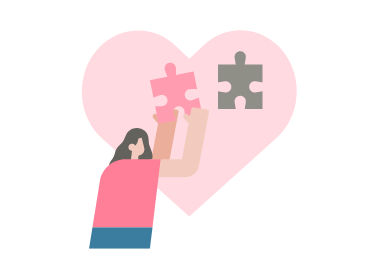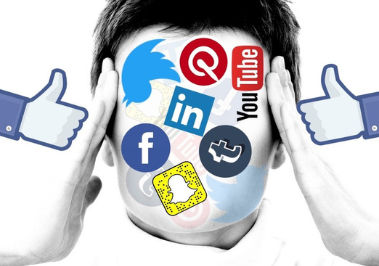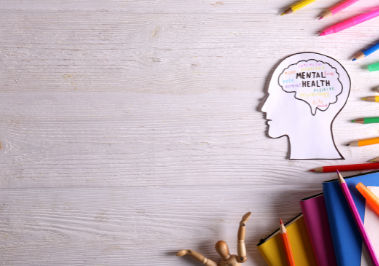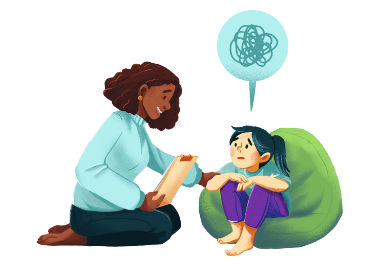
Mental Health Awareness Week 2019 – Body Image - 'The Big Problem'
Mental Health Awareness Week 2019 – Body Image - 'The Big Problem'
Youth Panel Blog

Firstly, I want it to be clear that I love social media. When (like anything) it is enjoyed in moderation, social media is a wonderful thing. It is a powerful tool for young people; allowing us to voice our opinions on matters that affect or interest us, and enables us to become active citizens. On a more mundane, day-to-day level, social media allows us to communicate with friends, stay up-to date with news, share our experiences and meet new people.
However, there is a downside to social media and it can negatively affect our mental health. The most harmful mental health effects appear for users who use social media for two hours per day or more. Even if you do not use social media that much, reducing your usage may be helpful to improving your mental health.
I have seen first-hand how cyberbullying can have devastating impacts on young peoples’ mental health. Even though there isn’t much we can do to prevent people from saying whatever they want online regardless of the truth, there are things that can be done to mitigate the situation.
Be SMART:
I believe that social media gives us a warped view of life. We experience and witness ever angle of our own lives; the good and the bad. Then, we go online and see only one angle of someone else’s life. We don’t see what they are going through, we only see the highlights. We inevitably compare ourselves to others, even celebrities who have spent hours in hair and makeup before taking the “perfect picture”. So, I think that when we go online we need to change the channel in our mind. We need to stop comparing ourselves to others. We must remind ourselves that social media is not a true representation of life.
I am often surprised by the amount of time I spend on my phone, so I downloaded a great app, called Moment, to track this. It will give you a breakdown of how much time you spend on your phone per day and what apps you are using.
If you are struggling with mental health issues, please don’t be afraid to look for support:

Mental Health Awareness Week 2019 – Body Image - 'The Big Problem'
Youth Panel Blog
Mental Health Awareness Week 2019 – Body Image - 'Mind Over Muscle'
Youth Panel Blog
Mental Health Awareness Week 2019 – Body Image - 'Gender expectations'
Youth Panel Blog